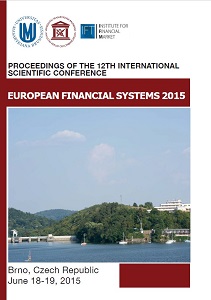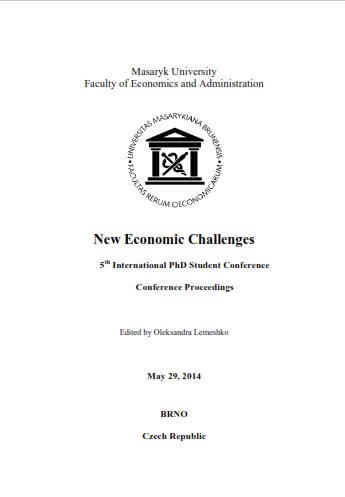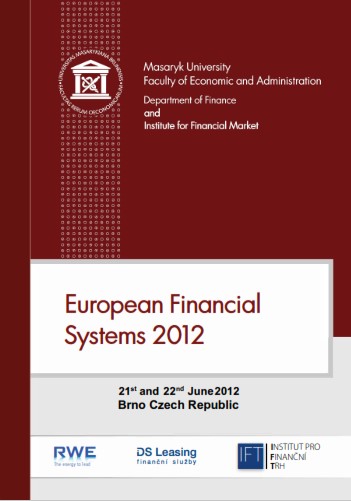
Efficiency in Two-stage Data Envelopment Analysis: An Application to Insurance Companies
The paper is focused on the application of the two-stage DEA in assessing the efficiency of Slovak and Czech commercial insurance companies. DEA models are nonparametric methods for assessing the efficiency, which use linear programming. The efficiency score is expressed for each subject analyzed and used to compare the transformation of multiple inputs into multiple outputs. Two-stage models allow comparing the efficiency of subprocesses, into which the whole process is divided. By adding the sequence of steps consisting of the application of various statistical methods, two-stage models allow to assess the efficiency of the subprocesses and thereby to determine the strengths and weaknesses of the analyzed subjects, respectively of individual subgroups of subjects.
More...

